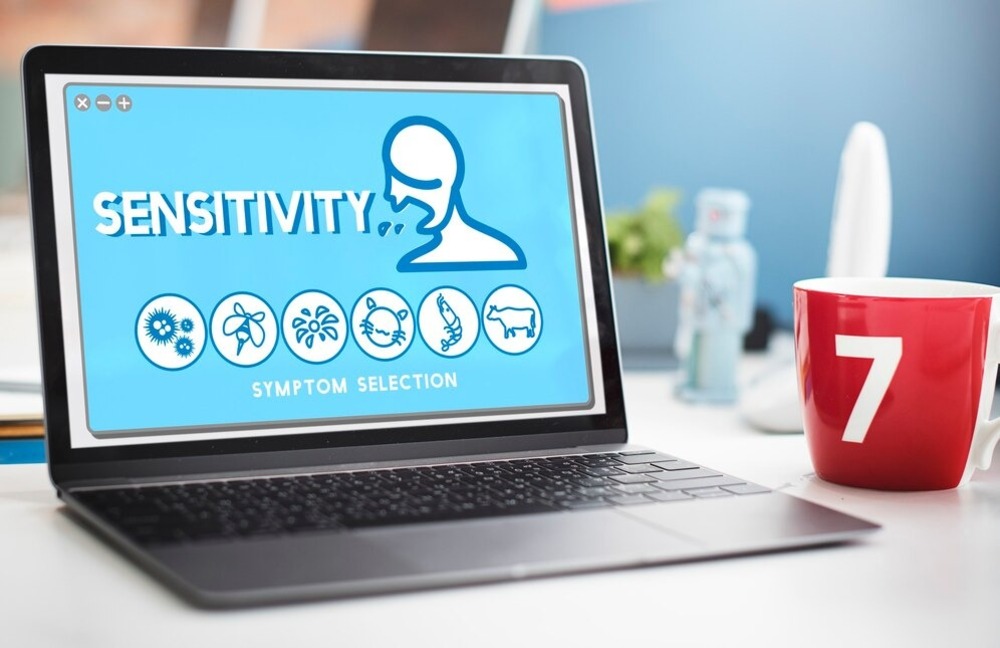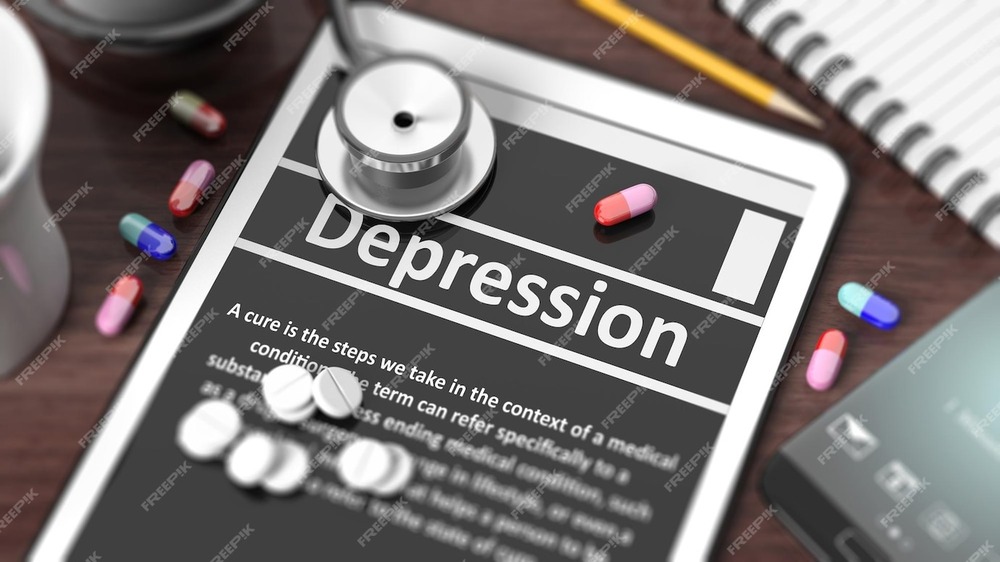Receiving a positive result from a depression screening can be a daunting experience. It's essential to remember that this is just the first step in understanding your mental health. Many people may feel overwhelmed, confused, or even scared about what comes next. However, it's crucial to approach this situation with a proactive mindset. In this blog, we will explore the steps you can take after a positive depression screening, supported by statistics and resources to help you navigate this journey. 🌈

Understanding the Impact of Depression
Depression is a common mental health disorder that affects millions of people worldwide. According to the World Health Organization (WHO), over 264 million people of all ages suffer from depression globally. This staggering number highlights the importance of awareness and early intervention.
Here are some key statistics about depression:
- Prevalence: Approximately 1 in 5 adults experience mental illness each year, with depression being one of the most common conditions.
- Age Factor: The highest rates of depression are found in individuals aged 18-25, with 15% reporting symptoms.
- Gender Disparity: Women are nearly twice as likely to be diagnosed with depression compared to men.
Steps to Take After a Positive Screening
-
Consult a Mental Health Professional: The first and most crucial step is to seek help from a qualified mental health professional. This could be a psychologist, psychiatrist, or licensed therapist. They can provide a comprehensive evaluation and discuss treatment options tailored to your needs.
-
Educate Yourself: Understanding depression can empower you. Resources like the National Institute of Mental Health (NIMH) offer valuable information on symptoms, treatment options, and coping strategies.
-
Consider Therapy Options: Therapy can be incredibly beneficial. Cognitive Behavioral Therapy (CBT) has been shown to be effective for many individuals. According to a study published in the Journal of Consulting and Clinical Psychology, CBT can reduce symptoms in about 50-75% of patients.
-
Explore Medication: In some cases, medication may be necessary. Antidepressants can help balance chemicals in the brain that affect mood. It's essential to discuss the potential benefits and side effects with your doctor.
-
Build a Support System: Surround yourself with supportive friends and family. Sharing your feelings with loved ones can alleviate some of the burdens. Consider joining support groups, either in-person or online, where you can connect with others who understand what you're going through.
The Importance of Lifestyle Changes
In addition to professional help, making lifestyle changes can significantly impact your mental health. Here are some effective strategies:
-
Regular Exercise: Physical activity can boost your mood and reduce symptoms of depression. A study by the American Journal of Psychiatry found that individuals who engage in regular exercise have a 20-30% lower risk of developing depression.
-
Healthy Diet: Nutrition plays a vital role in mental health. Foods rich in omega-3 fatty acids, such as salmon and walnuts, can help improve mood.
-
Sleep Hygiene: Quality sleep is essential for mental well-being. Aim for 7-9 hours of sleep per night and establish a calming bedtime routine.
Resources for Support
Here are some valuable resources to consider:
| Resource | Description | Link |
|---|---|---|
| National Alliance on Mental Illness (NAMI) | Offers education, support, and advocacy for individuals with mental health conditions. | NAMI |
| Mental Health America | Provides information on mental health conditions and resources for support. | Mental Health America |
| Psychology Today | A directory of therapists and articles on mental health topics. | Psychology Today |
Tracking Your Progress
Keeping track of your mental health journey can be beneficial. Consider maintaining a journal to document your feelings, thoughts, and progress. This can help you identify patterns and triggers, making it easier to discuss with your therapist.
| Date | Mood Level (1-10) | Notes/Triggers |
|---|---|---|
| 2023-10-01 | 5 | Felt anxious before a meeting |
| 2023-10-02 | 7 | Enjoyed a walk in the park 🌳 |
| 2023-10-03 | 4 | Struggled with sleep 😴 |
Conclusion
A positive depression screening is not the end of the road; it's the beginning of a journey toward better mental health. By taking proactive steps, seeking professional help, and making lifestyle changes, you can manage your symptoms and improve your quality of life. Remember, you are not alone in this journey. There are countless resources and support systems available to help you navigate through this challenging time. 🌟
If you or someone you know is struggling with depression, don't hesitate to reach out for help. Together, we can break the stigma surrounding mental health and foster a supportive community.




